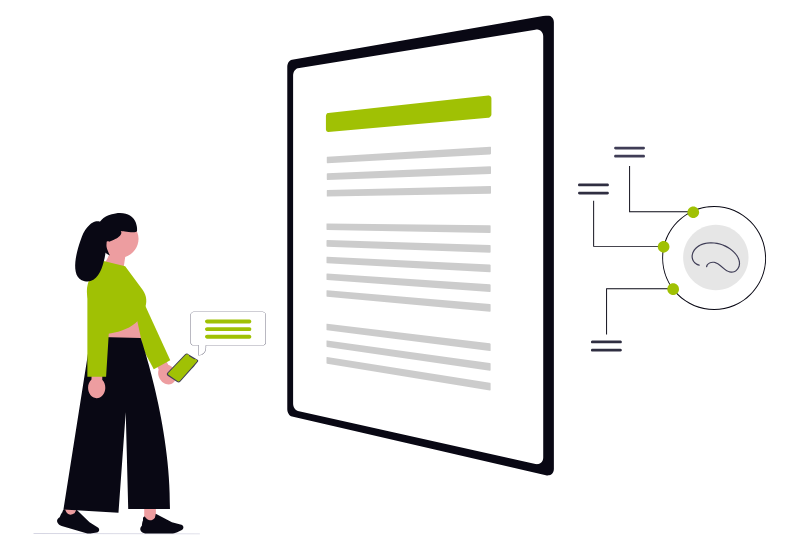Rethinking reckless driving
It's tempting to reduce dangerous driving to a matter of good versus bad - some people are just reckless behind the wheel, right?
But this black-and-white thinking misses the deeper story.
What drives reckless behaviour?
Many people subscribe to a view that drivers fall into two distinct groups:
- Type A – the reckless, inconsiderate, dangerous drivers.
- Type B – the calm, responsible, courteous ones.
The problem? Most of us would say we’re a Type B driver. Very few of us think we’re “the problem on the road.” Instead, we tend to assume we’re the good ones. But, we’re also human and we all have our bad days!
When Type B drivers encounter what they perceive as reckless driving, they may react with anger, believing it’s their duty to correct the behaviour. Shouting, swearing, and scolding might feel justified, but spoiler alert: it rarely works.
Research shows that reckless driving can be a symptom of internal distress. People who regularly engage in unsafe behaviour on the road often report low life satisfaction and low self-compassion. These drivers aren't necessarily "bad," they may simply be struggling, emotionally depleted, or unaware of how their state of mind is affecting their driving.
Safe driving is more than just knowing the road rules
That’s why Fleetcoach approaches driver training from a psychological perspective. We view driving as a reflection of a person’s emotional and mental wellbeing, not just their road skills.
Think about someone who’s had a long, overwhelming day. They're feeling stressed, rushed, and mentally scattered. That internal state increases the likelihood of speeding, abrupt lane changes, and road rage incidents.
Fleetcoach training helps drivers recognise these emotions before they get behind the wheel. We provide practical techniques for managing stress and building self-awareness, so people can regulate their responses and drive from a place of calm, not chaos.
Training empathetic drivers
What if, instead of judging that erratic driver, we paused and asked: “What might be going on for them?” That small mental shift can defuse our own anger and plant the seeds of empathy.
This doesn’t mean we excuse unsafe driving. If you see behaviour that’s clearly dangerous, you should report it. And, if someone you know is regularly showing signs of emotional strain behind the wheel, consider offering support or pointing them toward resources that can help.
A better way forward
At Fleetcoach, we believe safer roads start with healthier minds. That’s why we focus on helping drivers develop mindfulness, emotional resilience, and self-awareness.
By learning to manage our feelings before we even start the engine, we set ourselves up for a safer, calmer driving experience, not just for ourselves, but for everyone we share the road with.
Explore our courses to learn how Fleetcoach supports more mindful, resilient, and compassionate drivers at https://www.fleetcoach.com/driver-training#content







